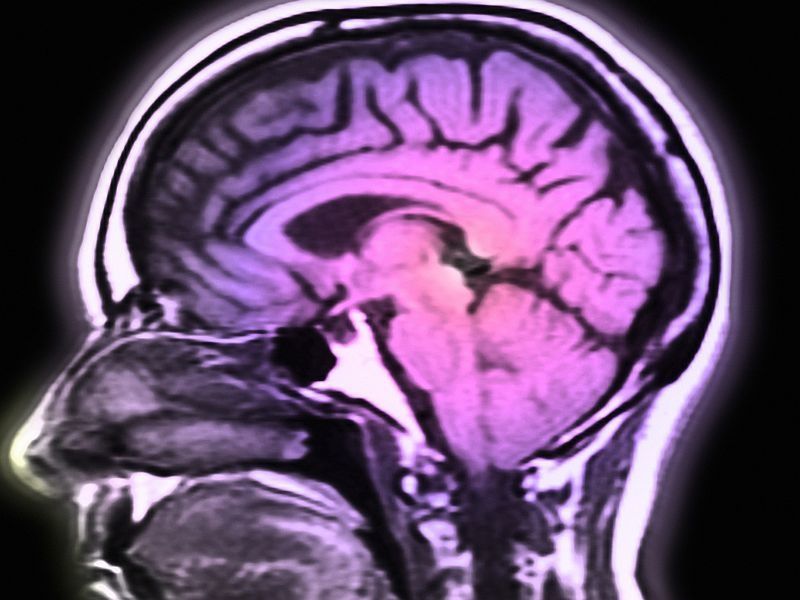
People who suffer a traumatic brain injury (TBI) have a significantly higher risk for stroke for years afterward, U.K. researchers say.
Previous studies have linked brain injury with a long-term risk of neurological diseases including dementia, Parkinson’s and epilepsy, and it’s been suggested that it’s also an independent risk factor for stroke.
This new review of 18 studies from four countries found that patients with these injuries have an 86% higher risk of stroke than people who haven’t had a TBI.
While patients’ added risk may be greatest in the first four months after their head injury, it remains significant for up to five years, according to the authors of the new review.
“TBI patients should be informed of the potential for increased stroke risk and with the risk of stroke at its highest in the first four months post-injury, this is a critical time period to educate patients and their care givers on stroke risk and symptoms,” said lead author Grace Turner, a fellow in the University of Birmingham’s Institute of Applied Research.
She and her colleagues found that TBI is a risk factor for stroke regardless of the severity or type of the injury.
They said this is significant because 70% to 90% of these head hits are mild. The finding suggests that TBIs should be considered a chronic condition even when they are mild and patients recover well, they added.
The use of certain blood thinners, such as vitamin K antagonists (VKAs) and statins, could help reduce stroke risk in TBI patients, while some classes of antidepressants are associated with increased stroke risk after the injury, according to the findings. The study was recently published in the International Journal of Stroke.
“Our review found some evidence to suggest an association between reduced stroke risk post-TBI and the stroke prevention drugs VKAs and statins but, as previous studies have found, stroke prevention drugs are often stopped when an individual experiences a TBI,” Turner said in a university news release.
More research is needed to assess the effectiveness of stroke prevention drugs after a brain injury to help guide treatment.
Turner said clinicians should use the initial four-month period after a TBI to take steps to lower patients’ excess risk of stroke.
More than 60 million people worldwide suffer a traumatic brain injury each year, while stroke is the second-leading cause of death and third-leading cause of disability worldwide, according to the research team.
More information
The American Academy of Family Physicians has more on TBI.
SOURCE: University of Birmingham, news release, April 19, 2021
Source: HealthDay

Leave a Reply